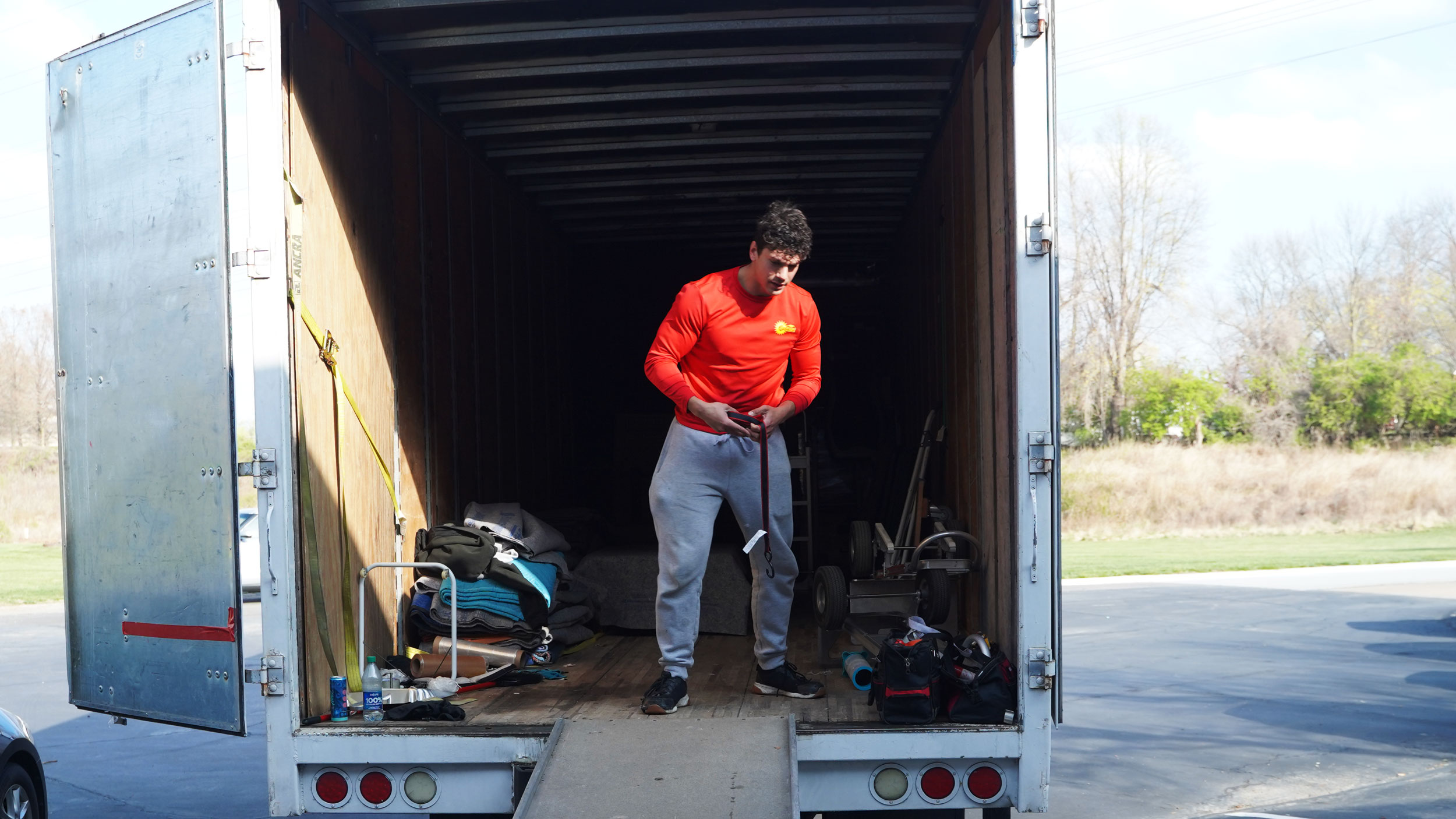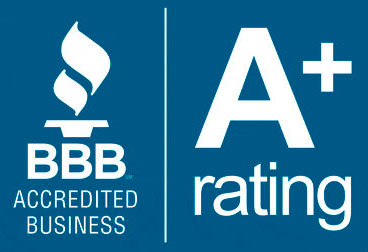Before moving, there are several important factors to consider to ensure a smooth transition. Here are some key things to keep in mind:
1. Budget: Evaluate your financial situation and set a realistic budget for your move. Consider the costs of hiring movers, packing supplies, transportation, utility connections, and any unforeseen expenses.
2. Location: Research and choose your new location wisely. Consider factors such as proximity to work, schools, amenities, safety, and the overall quality of life in the area.
3. Housing: Determine your housing needs and preferences. Decide whether you want to rent or buy, the size and type of property you require, and any specific features or amenities you desire.
4. Job Opportunities: If you’re moving for employment purposes, thoroughly research the job market in your new location. Assess potential job opportunities, salary ranges, and the overall economic stability of the area.
5. Schools and Education: If you have children, research the schools in your new area. Consider factors such as the quality of education, extracurricular activities, and the availability of special programs or services.
6. Lifestyle and Community: Consider the lifestyle and community you desire. Research the local culture, recreational activities, community organizations, and social opportunities available in your new location.
7. Transportation: Evaluate transportation options in your new area. Consider the availability and reliability of public transportation, traffic patterns, and commuting distances to work, schools, and other essential destinations.
8. Healthcare: Research healthcare facilities and services in your new area. Find doctors, hospitals, and specialists that meet your needs and ensure that your health insurance is valid in the new location.
9. Climate: Consider the climate of your new location and how it may affect your lifestyle, health, and daily activities. Prepare for any weather-related adjustments you may need to make.
10. Social Support: Assess your social support system in your current location and consider how it may change in your new area. Research local community groups, clubs, and organizations that align with your interests or values.
11. Moving Logistics: Plan the logistics of your move, including the timeline, packing, hiring movers (if needed), and scheduling necessary services such as utility connections and address changes.
12. Family and Relationships: Consider the impact of the move on your family and relationships. Discuss the decision with your loved ones and address any concerns or needs they may have.
13. Legal and Administrative Tasks: Research and complete any legal and administrative tasks associated with the move, such as updating your address with government agencies, transferring licenses or registrations, and notifying relevant institutions of your relocation.
14. Security and Safety: Evaluate the safety and security of your new location. Research crime rates, emergency services, and any specific safety concerns that may affect your decision.
15. Future Plans: Consider your long-term plans and how the move aligns with your future goals. Assess whether the new location provides opportunities for personal and professional growth.
Taking these factors into account will help you make an informed decision and ensure a successful transition to your new home.
















